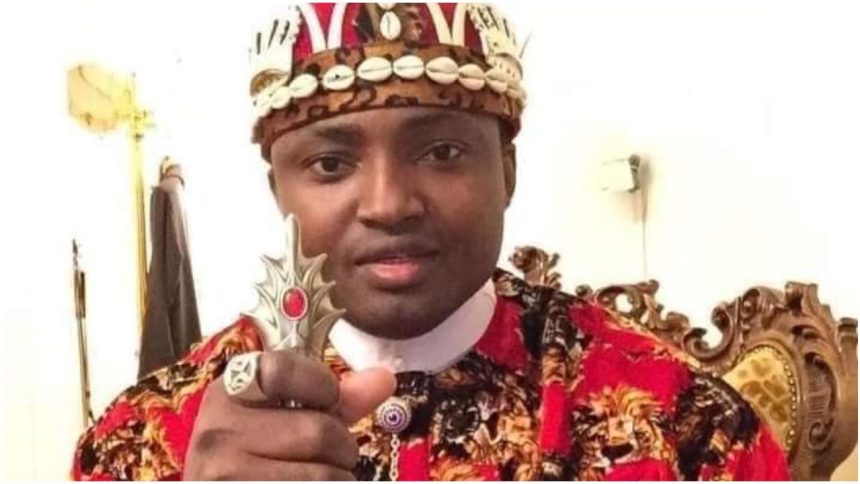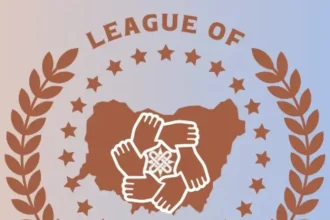The Päijät-Häme District Court in Finland has sentenced Nigerian-born Finnish citizen Simon Ekpa to six years in prison for terrorism-related offences and other crimes, according to the BBC.
Court documents reviewed on Monday confirm that the 40-year-old former local politician from Lahti was found guilty of several charges, including participating in the activities of a terrorist organisation, inciting crimes for terrorist purposes, aggravated tax fraud, and breaching Finland’s Lawyers Act. The court ordered that he remain in custody.
According to the judgment, Ekpa worked between August 2021 and November 2024 to advance the secession of Nigeria’s southeast region, known as Biafra, using unlawful methods.
“He leveraged social media to build political influence and exploited divisions within a major separatist group in Nigeria to gain a leading role,” the court said in its statement.
Although he denied all wrongdoing, the judges found that Ekpa helped restructure the separatist network, collaborating with others to turn it into a more organised entity.
Evidence presented during the hearings showed that armed groups linked to the movement were set up and classified as terrorist organisations. The court concluded that Ekpa facilitated the supply of weapons, explosives and ammunition through his contacts, while also urging followers on social media to carry out crimes in Nigeria.
The case was heard over 12 sessions between May 30 and June 25, 2025, with a panel of three judges delivering a unanimous verdict.
Finnish authorities initially arrested Ekpa in December 2024 on terrorism-related suspicions, including publicly encouraging crimes intended to spread terror. Four other men were also arrested in connection with the investigation, but prosecutors later dropped charges against them due to insufficient evidence.
Ekpa, who once served on Lahti’s municipal council, is widely recognised for his controversial involvement in the Biafran separatist movement, with his online broadcasts and social media activities attracting both strong support and sharp criticism within and beyond Nigeria.







